


Work carried out at the Genomics for Climate Change Research Center, with the support of FAPESP, revealed soil bacteria that act as natural fertilizers and have applications in agriculture.

In an article published in Nature Medicine, a group at the State University of Campinas stresses that Yanomami children are suffering the most severe nutritional deficit of any Indigenous community in the Americas and warns of long-term consequences for health.
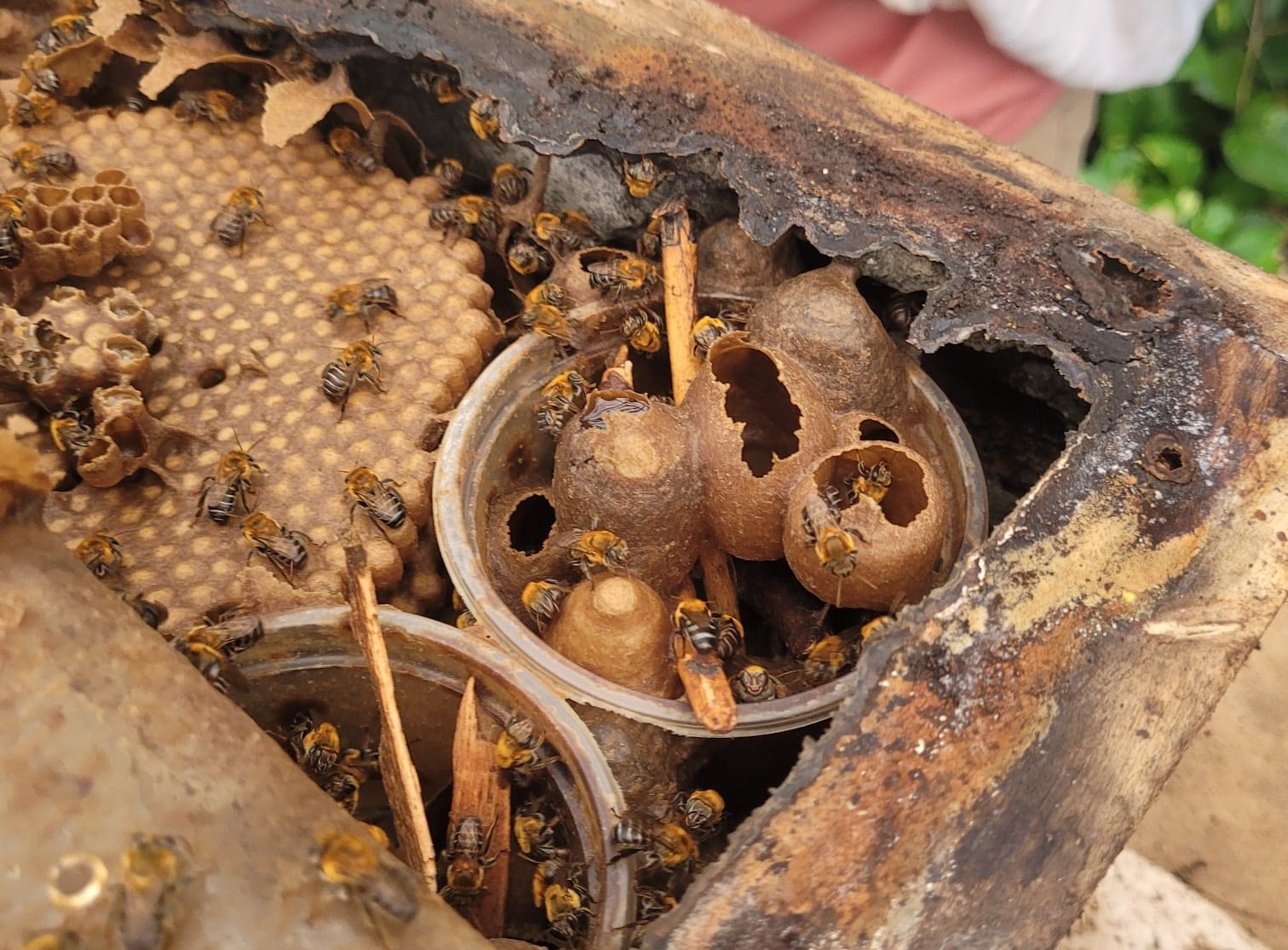
After 48 hours of exposure to the pesticides imidacloprid, pyraclostrobin and glyphosate, stingless bees of the species Melipona scutellaris exhibited morphological and behavioral alterations that could weaken colonies, impair pollination and adversely affect food security.
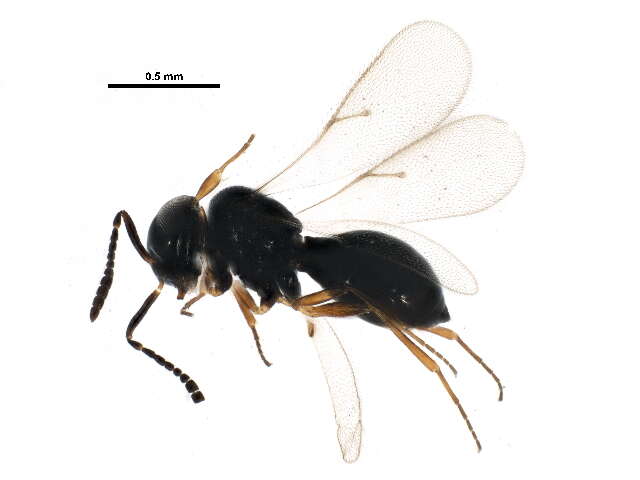
Scientists at São Paulo State University (UNESP) and Oklahoma State University (OSU) verified in the field that a parasitoid wasp that neutralizes the Brown stink bug should ideally be released at intervals of 30 m.
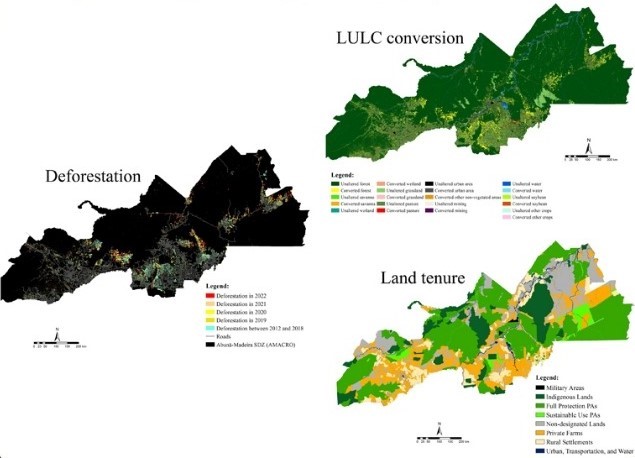
The researchers showed that pressure has intensified since the 2018 announcement of a plan to create a development zone where the states of Amazonas, Acre and Rondônia meet.
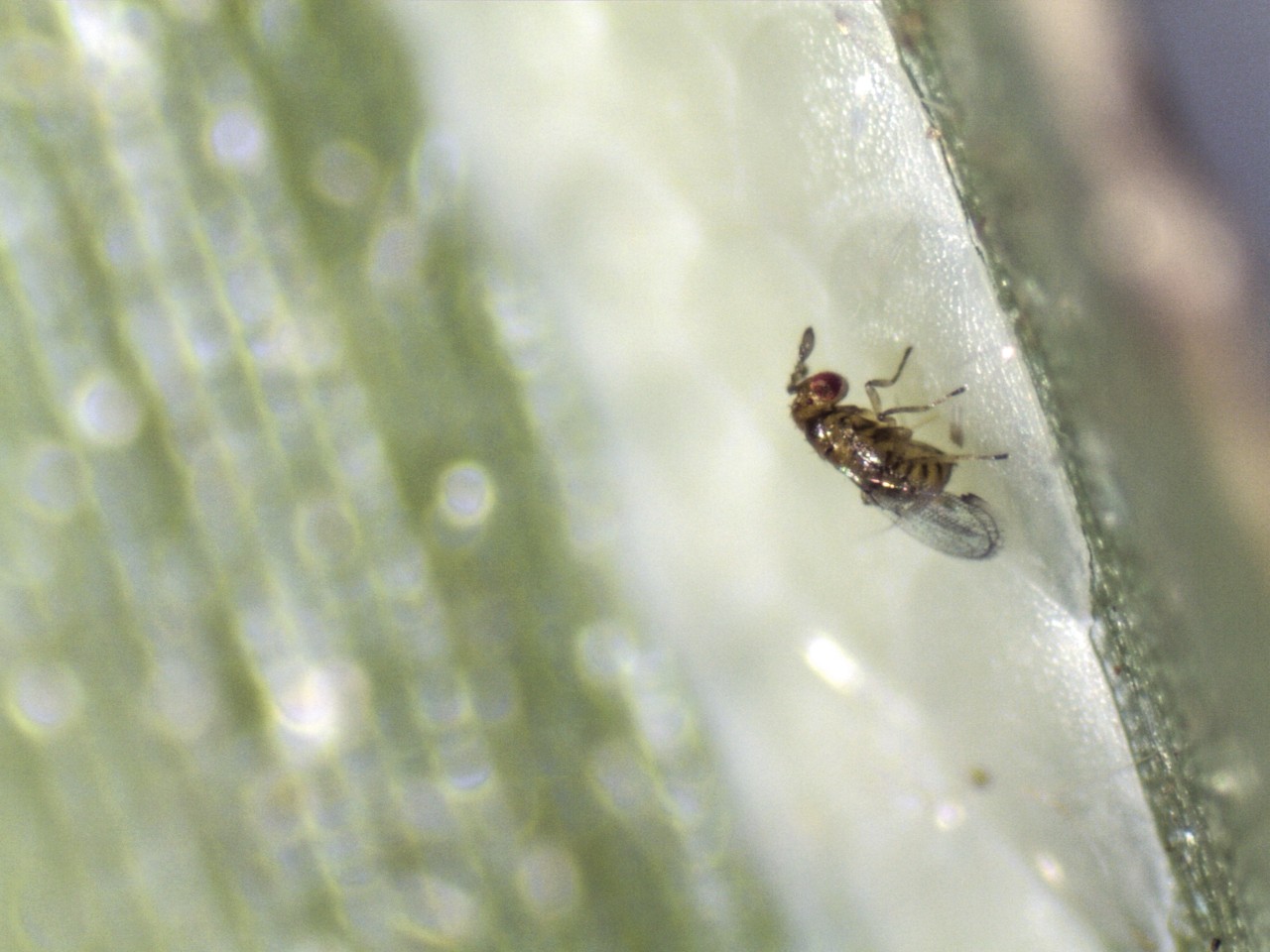
Around 90% of the sugarcane area in Brazil now uses natural enemies to combat agricultural pests; data were presented during FAPESP Week Illinois.
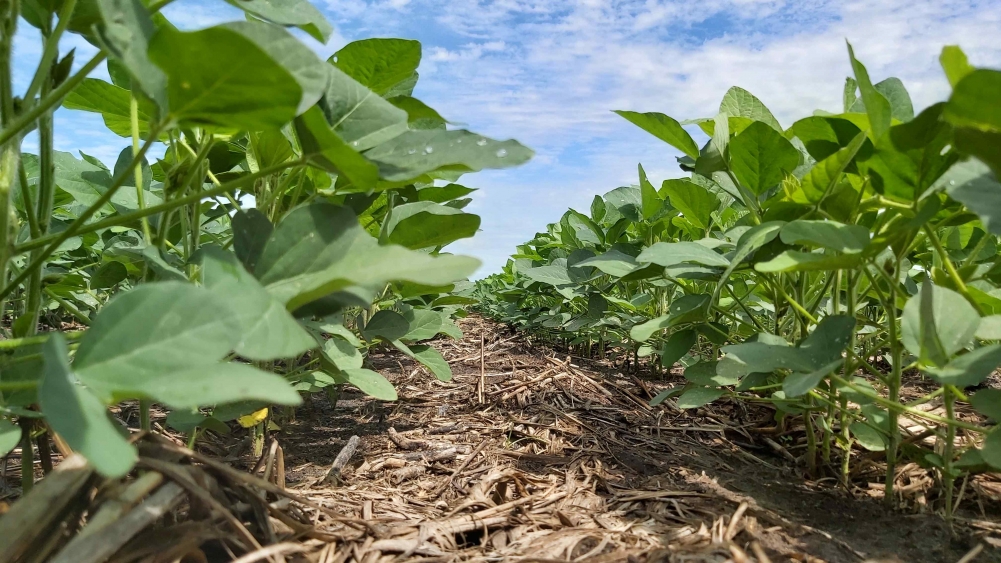
A startup supported by FAPESP is developing novel cultivars to offer growers a high-value-added option.
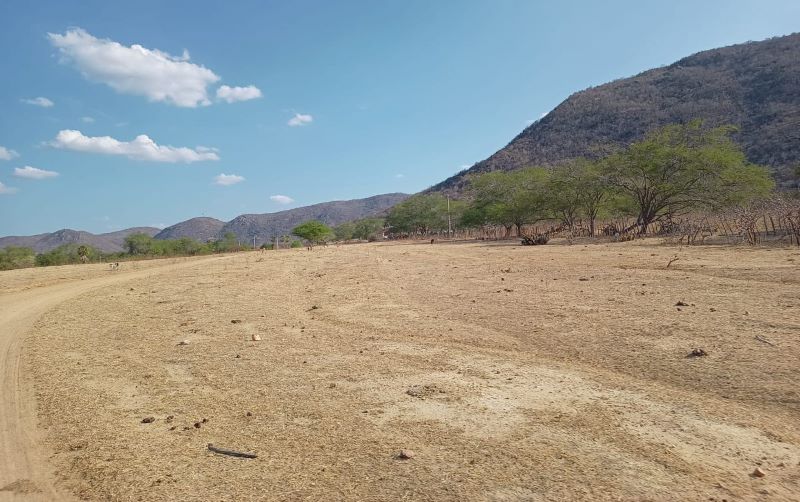
Bacteria, fungi and archaea living in the soil provide several ecosystem services, including carbon storage, and help restore native characteristics. The result contributes to advances in sustainable agriculture, one of the key points for this year’s G20 meetings.
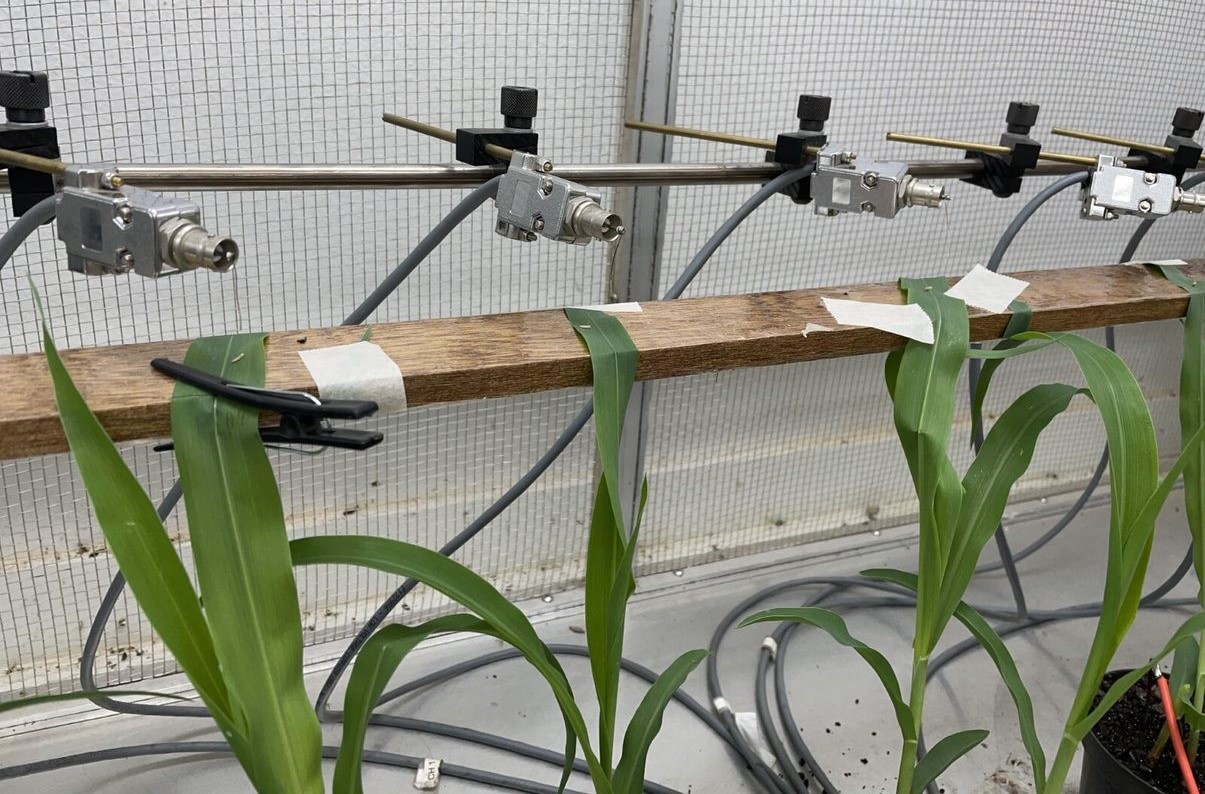
Described in the journal Scientific Reports, the research was conducted at SPARCBio, a center established by FAPESP and biological control company Koppert at the University of São Paulo’s Luiz de Queiroz College of Agriculture.
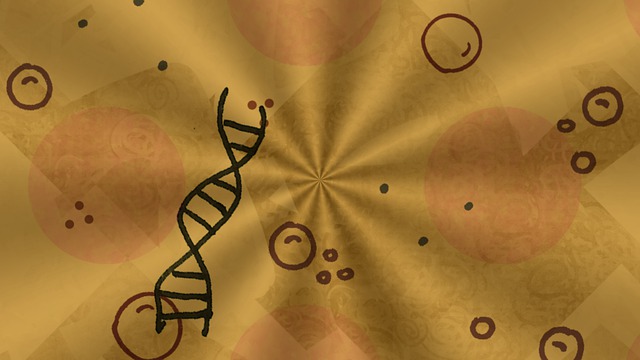
The event will take place in São Carlos (São Paulo state, Brazil) with FAPESP’s support. Twenty participants from Brazil and 20 from other countries will be selected.
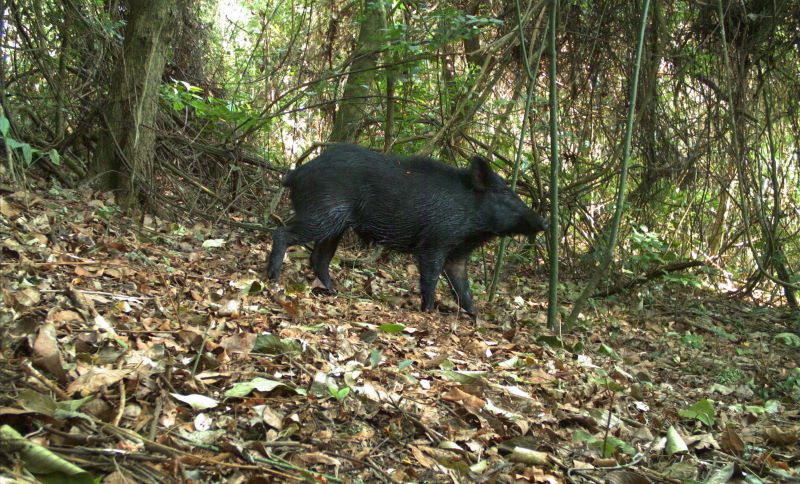
Considered an invasive species, Sus scrofa causes damage to farmers in an important part of Brazil’s savanna-like biome. The researchers analyzed 55 landscapes in São Paulo state, observing larger numbers of native mammals in areas with well-conserved vegetation and diversified crops, while native species richness was far lower in areas of monoculture.
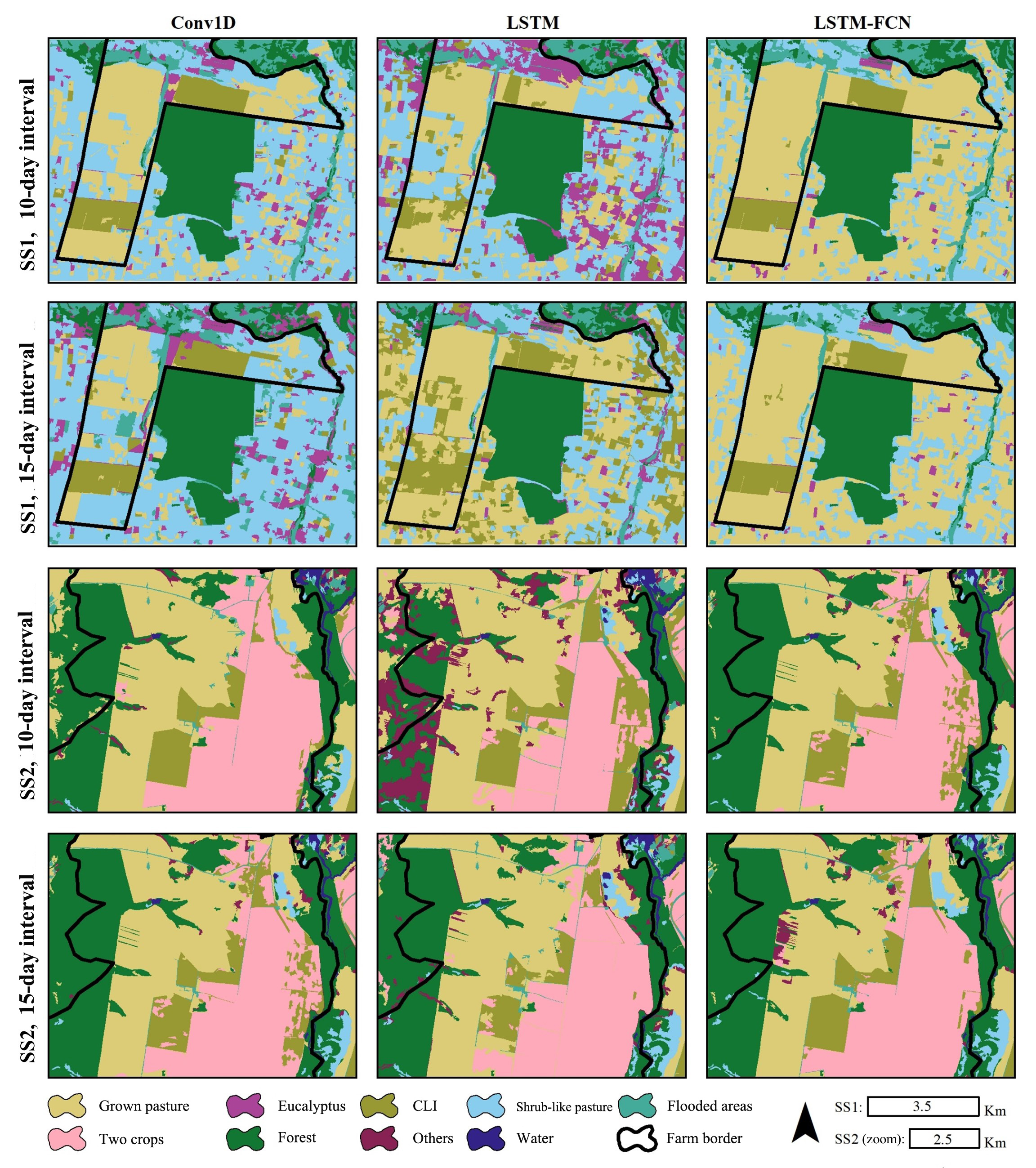
The study, which was conducted by Brazilian researchers, supports sustainable agriculture and offers contributions to public policy formulation.
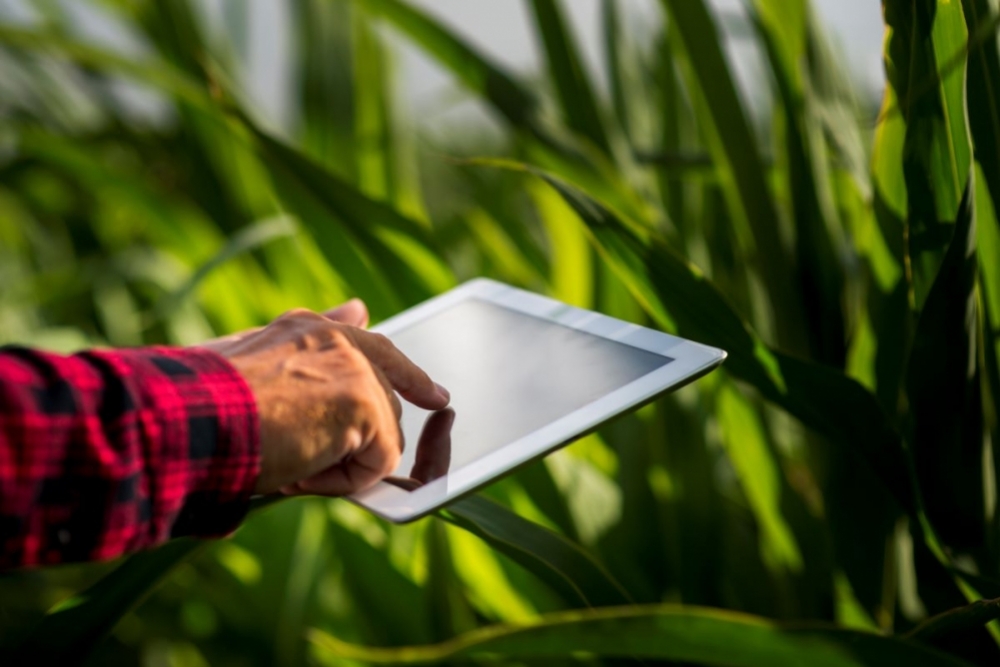
Agrosmart, a startup based in São Paulo state, presented its portfolio of solutions during COP28, the UN Climate Change Conference held in Dubai.
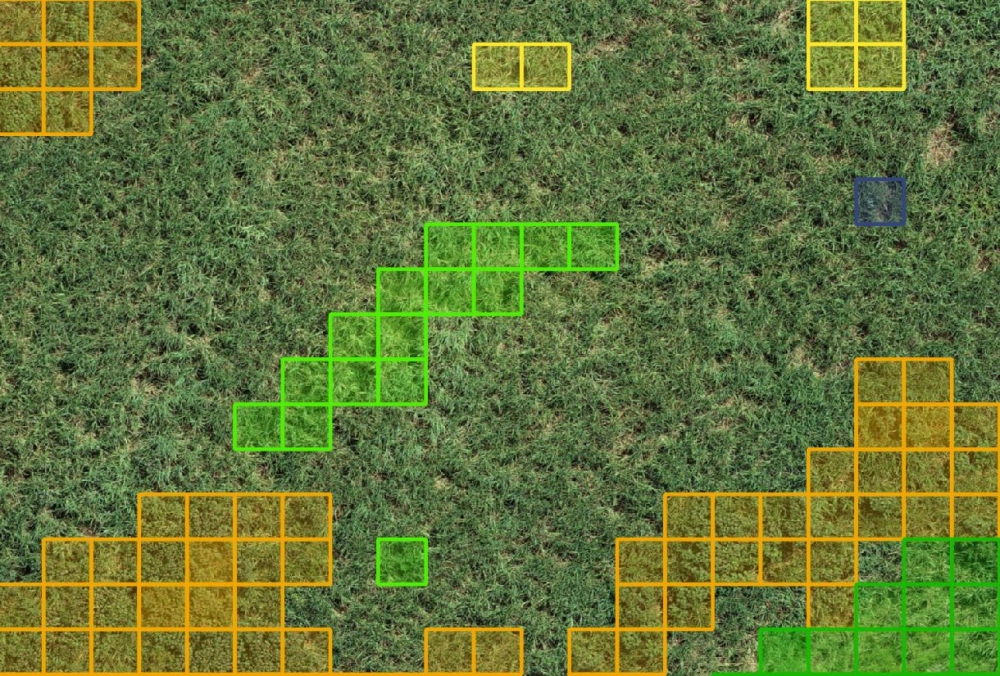
A Brazilian startup’s AI algorithms detect infestations, classify weeds and produce localized spraying files.
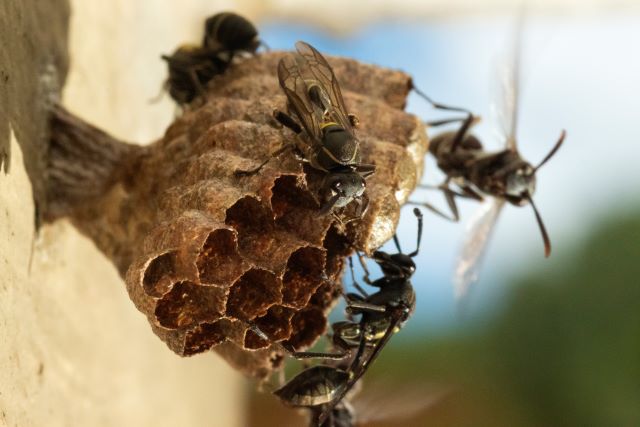
Albeit less lethal than synthetic insecticides, this fungus-based substance is not detected by social insects and can spread spores to entire nests, threatening the survival of species that play a key role in pest control and pollination.
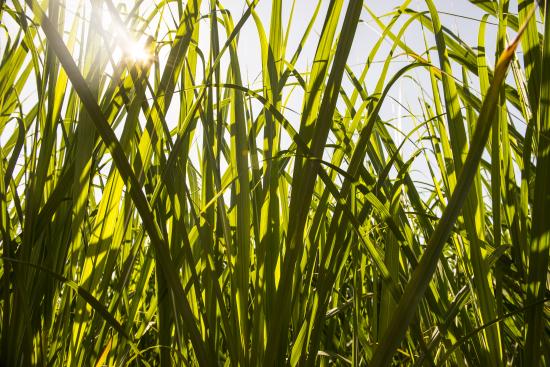
The Center for Carbon Research in Tropical Agriculture (CCARBON) is a Research, Innovation and Dissemination Center (RIDC) supported by FAPESP and hosted by the University of São Paulo’s Luiz de Queiroz College of Agriculture (ESALQ-USP). It was officially launched on November 17 and aims to make food, fiber and energy productivity part of the solution to the climate crisis.
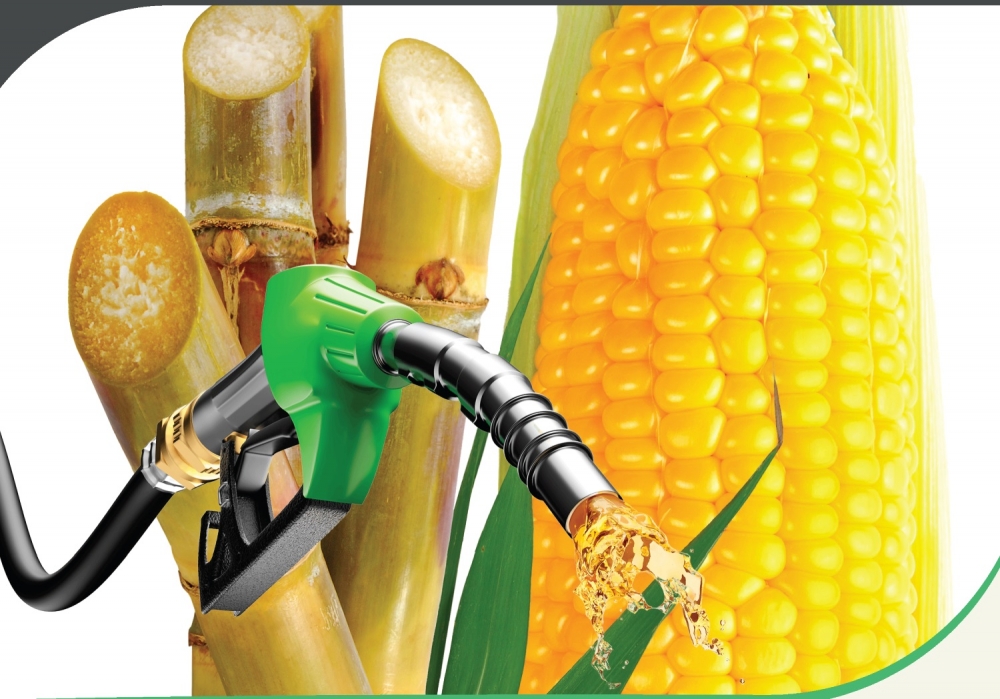
Written by two experts on biofuels, Luís Augusto Barbosa Cortez and Frank Rosillo-Calle, the book explores Brazil’s experience and how other countries can learn from it in the context of climate change.
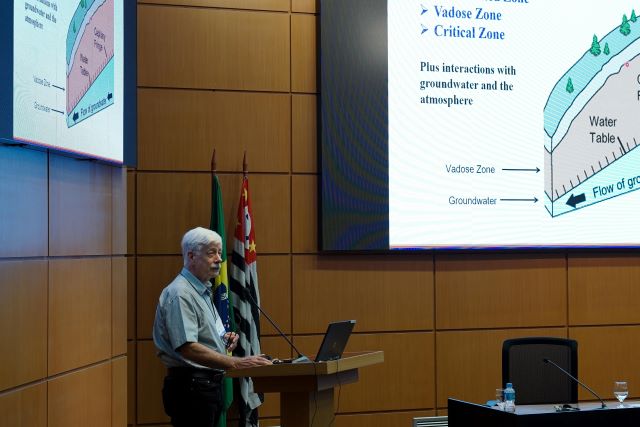
Dutch-born scientist Martinus Theodorus van Genuchten is the author of a famous equation describing the hydraulic conductivity of unsaturated soil. His discoveries are central to agricultural operations and climate science, and he recently won the prestigious Wolf Prize in Agriculture.
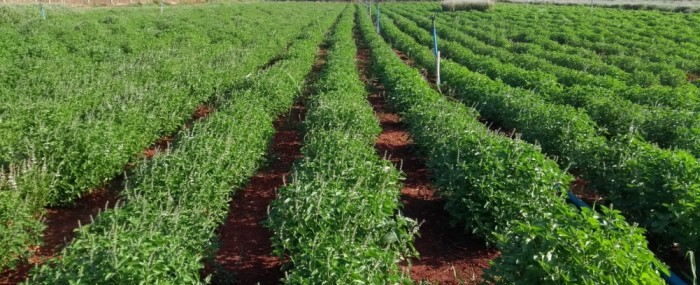
The technology was invented by a FAPESP-supported startup. It consists of a blend of essential oils from various plants, encapsulated in natural polymers that release the biofungicide gradually over a long period.
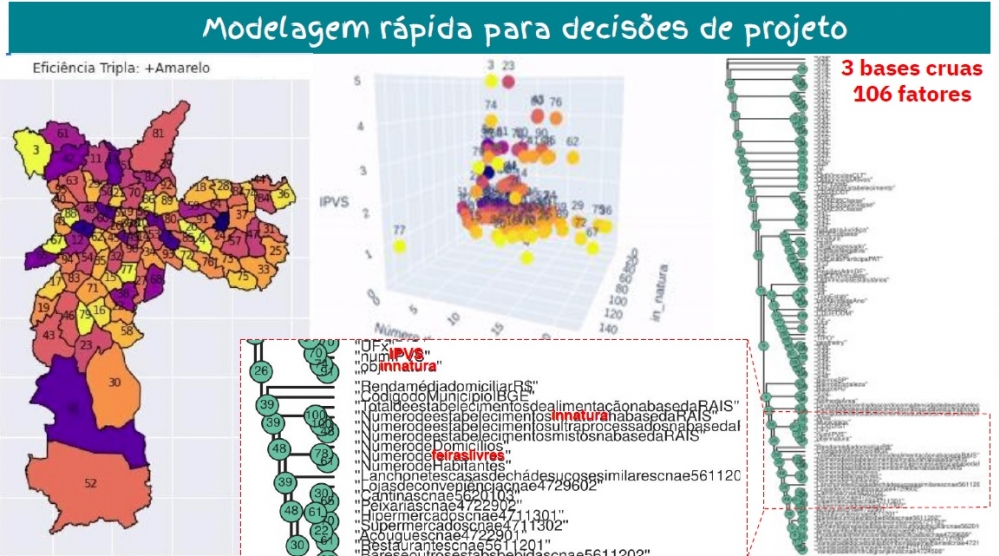
Algorithms developed at the University of São Paulo interpret information from different databases and help identify city areas susceptible to food insecurity.
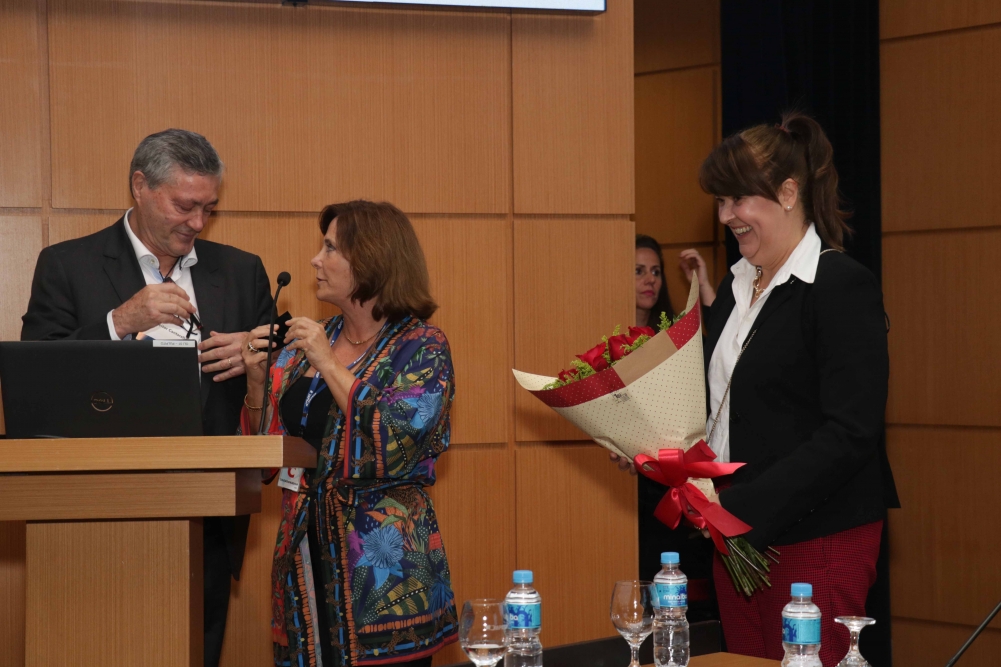
Heitor Cantarella was a member of BIOEN-FAPESP’s steering committee for 14 years. As a researcher at the São Paulo State Institute of Agronomy in Campinas, he has made groundbreaking contributions to efforts to reduce greenhouse gas emissions in agriculture.
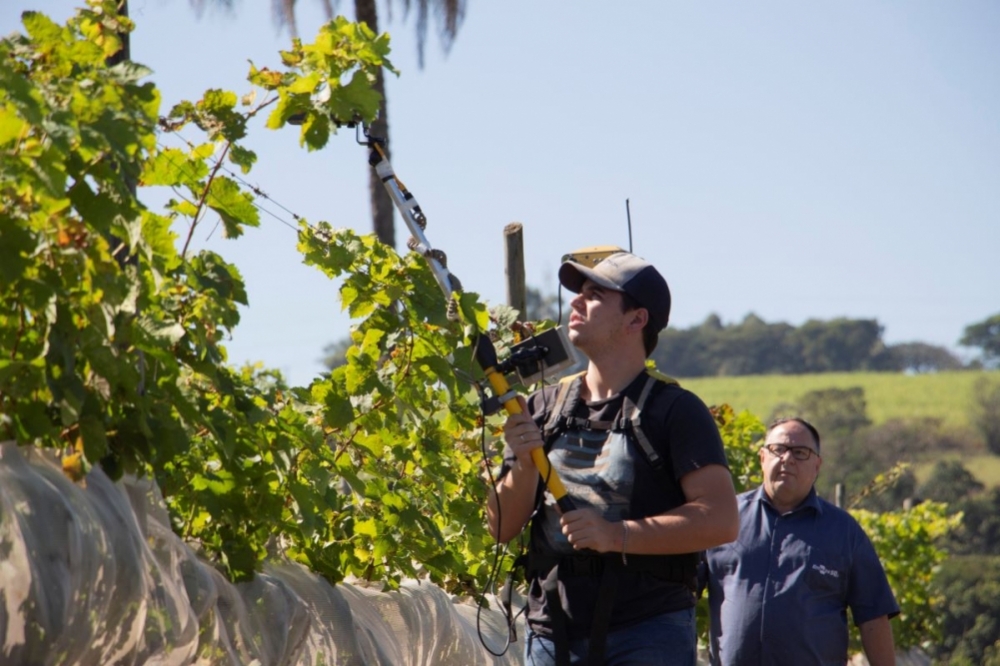
A project conducted by the Brazilian Agricultural Research Corporation (EMBRAPA) cross-referenced data from sensors to analyze soil and weather variations in the same vineyard so as to produce different wines and improve water and fertilizer management. Wineries in São Paulo state are already benefiting from the results.
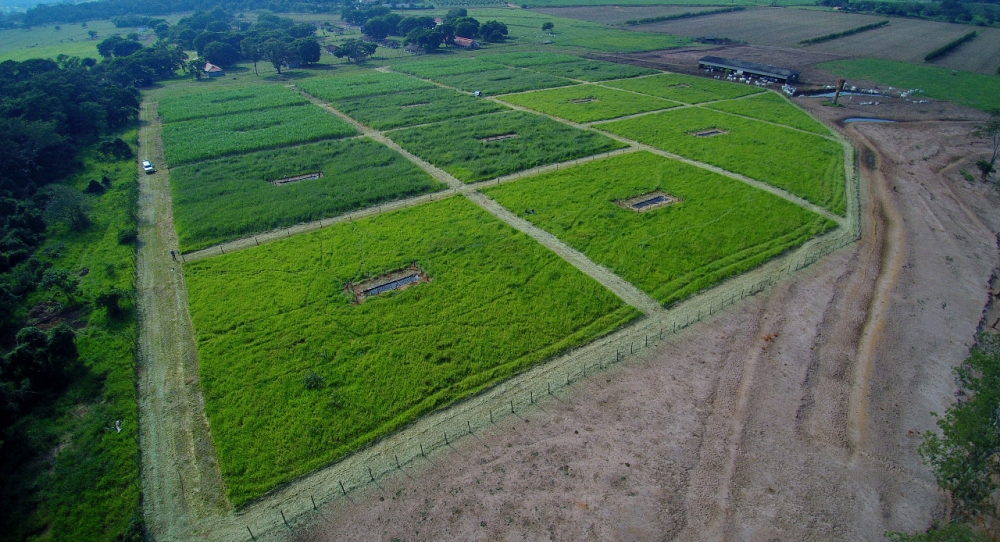
Research conducted in manipulated sugarcane plots showed that small water bodies such as ponds and puddles can contribute to sustainable farming even with environmentally hostile practices.
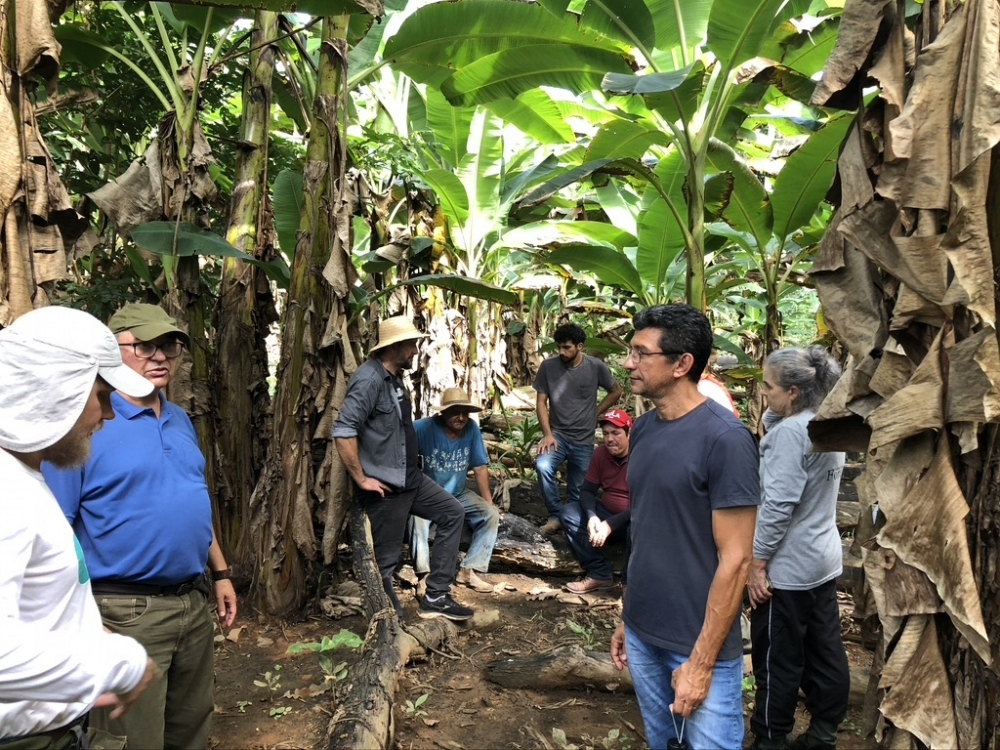
Strategies for reconciling forest conservation and income generation for families living on Chico Mendes Extractive Reserve in Acre state are the focus of a project in which local scientists are collaborating with colleagues from the states of São Paulo and Pará. The project is part of the Amazon+10 Initiative.
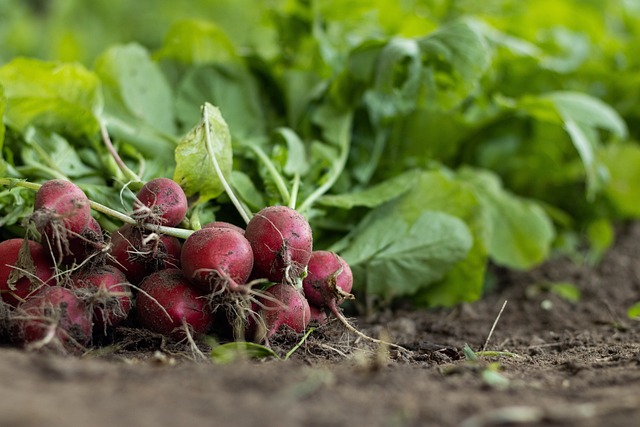
The warning was delivered by Marta Vasconcelos, a biologist affiliated with the Portuguese Catholic University, during the third event in the 2023 series of FAPESP Lectures.